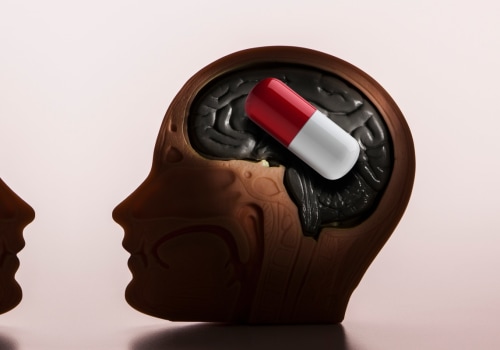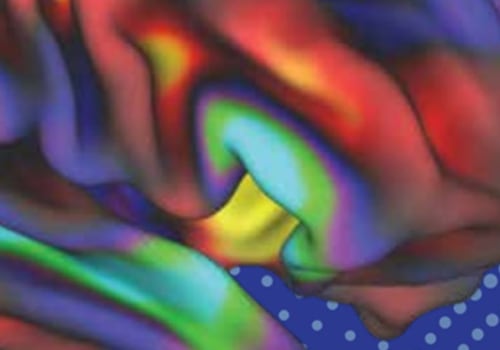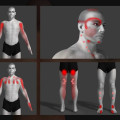Drug addiction is a serious issue that affects millions of people around the world. It can be difficult to know where to turn for help, and it's important to understand the different types of drug addiction treatment available. Detoxification is the first step in the recovery process, and it involves cleansing the body of substances. During this phase, people may experience uncomfortable and even dangerous withdrawal symptoms, so it's important to undergo supervised detoxification.
Medical supervision can help ensure a person remains safe during this process, and there are FDA-approved medications that can help alleviate withdrawal symptoms and cravings. The ASAM criteria emphasize that treatment should be ongoing and that monitoring results both during and after treatment can determine whether a patient could benefit from more or less intensive types of treatment. Those seeking treatment for substance abuse should consider an initial evaluation or evaluation by a drug and alcohol addiction professional. Narcotics Anonymous (NA) is a support group inspired by Alcoholics Anonymous that provides a supportive community for those recovering from drug addiction.
When choosing an effective drug abuse treatment program, it's important to find a center that provides comprehensive and ongoing care. Becoming familiar with the different types of addiction treatment can help you and your loved one think about what type of treatment to seek. The general purpose of addiction rehabilitation programs is to enable a person to abandon compulsive substance abuse and the destructive behaviors that accompany addiction, and to restore them to an optimal level of self-sufficient function. Many of the principles of drug addiction treatment are similar for individuals within the criminal justice system and for people in the general population.
Non-12-step drug treatment programs and support groups are available for those who want to seek alternative forms of treatment. An intervention is also an option, which involves helping loved ones express their feelings constructively and encouraging the person struggling with addiction to enter a treatment program. A support specialist can help you find proven addiction treatment programs designed to help you take the necessary steps for a lasting recovery. Drug abuse treatment programs provide valuable help to thousands of people struggling with drug abuse, but it can be difficult to know which type of program is best for you or your loved one.
Residential treatment centers offer the most intensive and comprehensive level of intervention and treatment, but there are other options available as well. At-home programs, outpatient programs, partial hospitalization programs, sober living homes, and medication-assisted treatments are all viable options for those seeking help with drug addiction. Each type of program has its own benefits and drawbacks, so it's important to consider all options before making a decision. It's also important to remember that recovery is an ongoing process, so it's essential to find a program that provides ongoing support after initial treatment has been completed.





